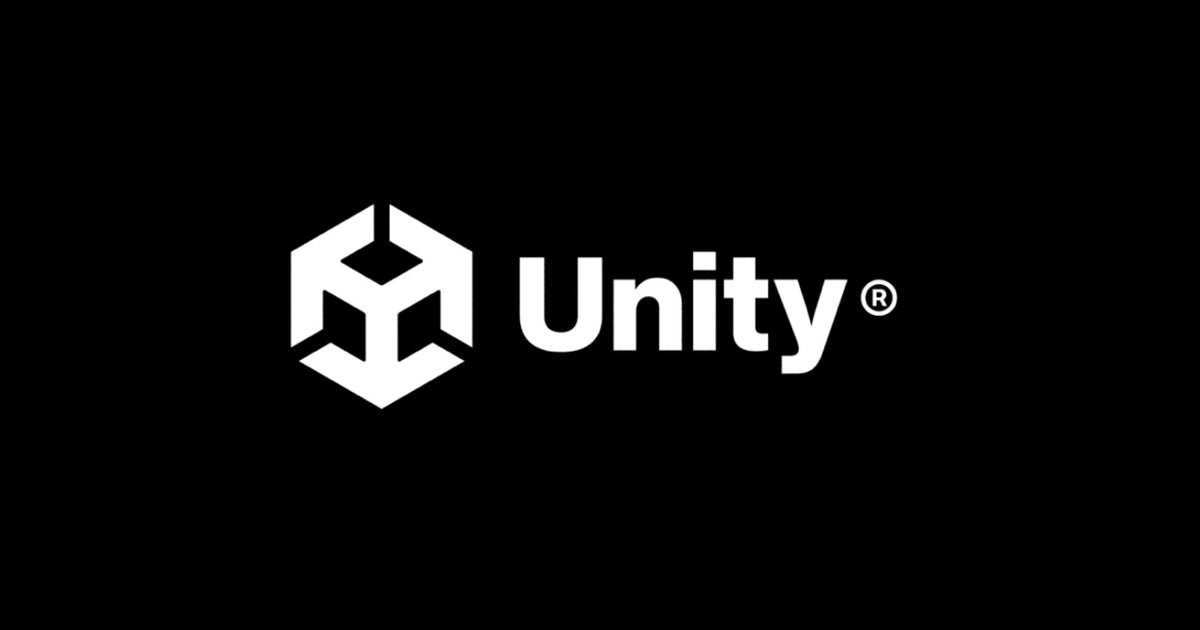Unity has announced dramatic changes to its Unity Engine business model which will see its introduce a monthly fee per game install beginning on 1st January next year - a move that has already send shockwaves across the development community.
Unity - the engine behind countless acclaimed games including Tunic, Cuphead, Hollow Knight, Citizen Sleeper, RimWorld, Outer Wilds, Fall Guys, Ori and the Blind Forest, and Cities: Skylines - was previously licensed to developers using a royalty free model built around subscriptions tiers. Anyone whose revenue or funding was less than $100,000 over the course of the year (or who didn’t want access to features such as the ability to remove the Unity splash screen) could stick to the free Unity Personal license, while a Unity Plus subscription was required up to $200,000 in revenue, and a Unity Pro or above subscription was needed for more.



Ah. Yet another reason for game studios to turn away from commercial dev tools and turn to FOSS software like Blender and Godot.
And since game devs are, you know, developers, they can even contribute to these tools with heir dev time, improving them and accelerating the industry shift away from this commercial bullshit even more.
Wasn’t there a massive amount of drama in the Godot community recently that nearly destroyed it?
The only “drama” I recall is that one guy, who ran an unofficial forum, went on a weird rant about how Godot is a scam because he thought development was too slow or something. He then shut down his unofficial forum. That’s a long shot from “being destroyed”.
But maybe I missed something?
(Edit: I had misspelled “forum” as “form”. Sorry if that confused anybody)
Yep, that’s the one I was thinking about. Thanks for the clarification, I only vaguely remembered it
I’ve heard of no such thing.
But drama almost never kills FOSS software. It just causes it to fork. FOSS software can become like an olympic flame that just keeps getting passed from dev to dev. Once there are people actively using something, those same people are motivated to fix any issues they have with it, or add any features they are missing. That then drives improvement of the software, which in turn drives adoption, which drives more improvement…
There was huge drama around Emby going closed source, but FOSS Emby simply got forked, becoming Jellyfin.
There’s an example just within lemmy, the lemmur app apparently stopped development due to some drama, but it got forked and Liftoff picked up right where it left off.
Yes. There can be drama around FOSS projects, and there often is. Loosely organized groups of volunteers putting together serious software don’t work as efficiently as a paid team of devs led by a visionary with final say. But FOSS projects are capable of becoming self-perpetuating in a way proprietary software can never do. Once they reach a high enough level of adoption, they are very hard to kill.
And Godot is definitely up there.